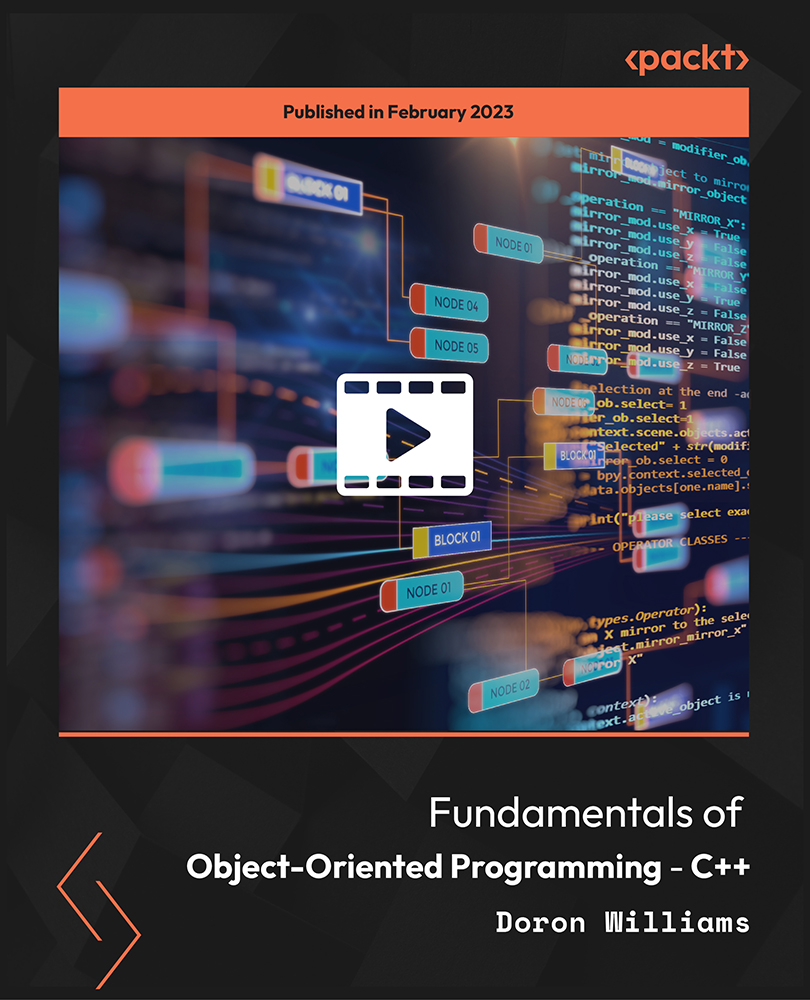Yesterday, a Massachusetts senator filed a consumer privacy bill enabling consumers to sue for privacy invasions. The bill touted to be similar to Californians for consumer privacy (CCPA). It allows for a private right of action and statutory damages for any violation of the law (not just breaches) and does not require a demonstration of a loss of money or property.
Here’s what the bill proposes:
- Businesses provide consumers with a notice At/Before Collection
- Right to Delete: A consumer shall have the right to request that a business delete any personal information about the consumer which the business has collected from the consumer.
- Right to Opt-out of Third Party Disclosure: A consumer shall have the right, at any time, to demand that a business not disclose the consumer’s personal information to third parties.
Unlock access to the largest independent learning library in Tech for FREE!
Get unlimited access to 7500+ expert-authored eBooks and video courses covering every tech area you can think of.
Renews at $19.99/month. Cancel anytime
- No Penalty for Exercise of Rights: A business shall not discriminate against a consumer because the consumer exercised any of the consumer’s rights under the bill
- Private Right of Action: A consumer who has suffered a violation of this bill may bring a lawsuit against the business or service provider that violated this bill.
The bill says that “Consumers need not to suffer a loss of money or property as a result of the violation in order to bring an action for a violation."
People on Twitter generally had positive sentiments.
https://twitter.com/natashanyt/status/1090328524865576961
https://twitter.com/ashk4n/status/1092452492175175680
https://twitter.com/gabrielazanfir/status/1092524077854670851
Last month, Sen. Ben Sasse introduced a bill, “Malicious Deep Fake Prohibition Act” to criminalize the malicious creation and distribution of deepfakes, which are increasingly being used for promoting harassment and illegal activities.
Under the bill, it would be illegal for individuals to:
(1) Create, with the intent to distribute, a deep fake with the intent that the distribution of the deep fake would facilitate criminal or tortious conduct under Federal, State, local, or Tribal law; or
(2) Distribute an audiovisual record with— (A) actual knowledge that the audiovisual record is a deep fake; and (B) the intent that the distribution of the audiovisual record would facilitate criminal or tortious conduct under Federal, State, local, or Tribal law.
However, this bill was widely criticized for its loopholes. A statement in the bill states, “Deep fake means an audiovisual record created or altered in a manner that the record would falsely appear to a reasonable observer to be an authentic record of the actual speech or conduct of an individual.” A hacker news user said that this, limits the scope of the act to prohibiting deep fakes that are not explicitly labeled as such.
Another user said, “If that's the case, any sort of creative editing, even just quick cuts, could fall under this (see: any primetime or cable news, any TV campaign ad, the quick cuts of Obama where it looks like he's singing Never Gonna Give You Up, etc). A law like this could also be weaponized against political foes—basically, label everything you don't like as "fake news" and prosecute it under this law.”
Orin Kerr in a blog post comments, “The Sasse bill also has a potential problem of not distinguishing between devices and files. Reading the bill, it prohibits the distribution of an audiovisual record with the intent that the distribution would facilitate tortious conduct.”
It is promising to see the lawmakers sincerely taking measures to enable building strict privacy standards. Only time will tell if this new legislation will continue to protect consumer data than the businesses that profit from it.
Machine generated videos like Deepfakes – Trick or Treat?
Privacy experts urge the Senate Commerce Committee for a strong federal privacy bill “that sets a floor, not a ceiling”
Biometric Information Privacy Act: It is now illegal for Amazon, Facebook or Apple to collect your biometric data without consent in Illinois
 United States
United States
 Great Britain
Great Britain
 India
India
 Germany
Germany
 France
France
 Canada
Canada
 Russia
Russia
 Spain
Spain
 Brazil
Brazil
 Australia
Australia
 Singapore
Singapore
 Canary Islands
Canary Islands
 Hungary
Hungary
 Ukraine
Ukraine
 Luxembourg
Luxembourg
 Estonia
Estonia
 Lithuania
Lithuania
 South Korea
South Korea
 Turkey
Turkey
 Switzerland
Switzerland
 Colombia
Colombia
 Taiwan
Taiwan
 Chile
Chile
 Norway
Norway
 Ecuador
Ecuador
 Indonesia
Indonesia
 New Zealand
New Zealand
 Cyprus
Cyprus
 Denmark
Denmark
 Finland
Finland
 Poland
Poland
 Malta
Malta
 Czechia
Czechia
 Austria
Austria
 Sweden
Sweden
 Italy
Italy
 Egypt
Egypt
 Belgium
Belgium
 Portugal
Portugal
 Slovenia
Slovenia
 Ireland
Ireland
 Romania
Romania
 Greece
Greece
 Argentina
Argentina
 Netherlands
Netherlands
 Bulgaria
Bulgaria
 Latvia
Latvia
 South Africa
South Africa
 Malaysia
Malaysia
 Japan
Japan
 Slovakia
Slovakia
 Philippines
Philippines
 Mexico
Mexico
 Thailand
Thailand














